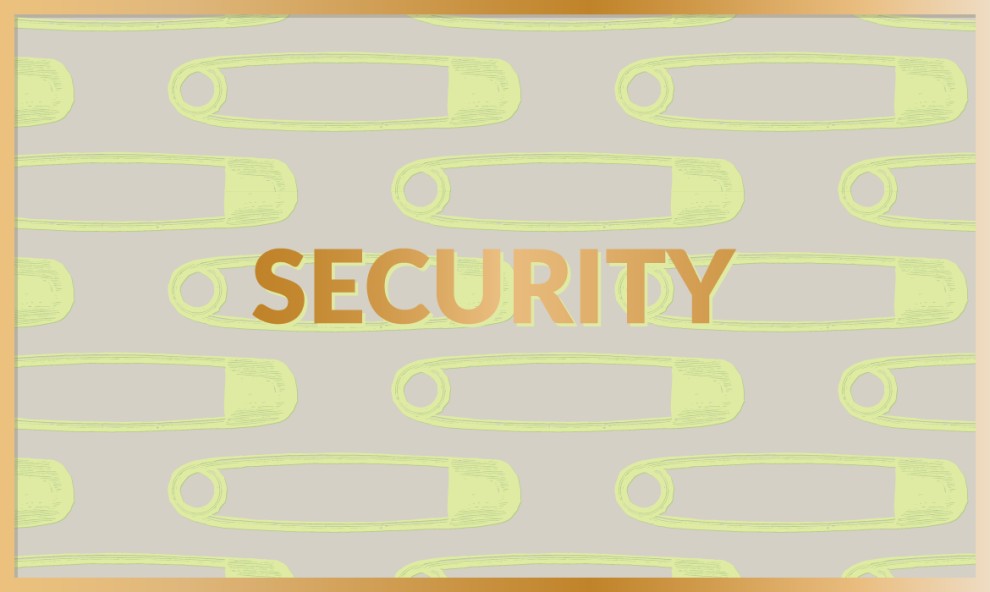In the seventies, when the Anglo-Saxon countries were besieged with Japanese products, Charles Tilly published an article on the paradoxical effect of WW II on industrialized countries. The heart of his argument was that countries that had been devastated at the end of the war had had no alternative other than constructing a new industrial plant. On their part, nations such as England and the U.S. had experienced continuity in their industrial bases that, twenty years later, showed signs of aging. The devastation had made obligatory the construction of the most modern while continuity had accelerated economic aging. It seems to me that something like this could be happening in the public security panorama in Mexico.
For decades, the country’s security had been procured through informal means deriving from an authoritarian State that administered, to a greater degree than impeded, criminality. In recent lustra, the appearances have changed but the realities have become more and more acute. Take the case of Mexico City: from the beginning of the nineties, Mexico City began to experience a well-attested decomposition in the security ambit. Abduction took on industrial dimensions; assaults became a way of life. Marches and strikes grew without surcease. Many chilangos, capital-city residents, emigrated to Puebla, Monterrey, and other latitudes in search of tranquility. In the last two or three years, this pattern has reverted: now internal migration has been directed toward the city, perceived to be safer than places like Ciudad Juárez, Tampico, Chihuahua, or Monterrey.
The question is whether a qualitative change has taken place or merely one of perceptions: Had a new security apparatus begun to be built, one subject to democratic controls, or was something simply done better than what for years had been done poorly? While serious-crime indexes in the Federal District (D.F.) have diminished, the rise of open violence in diverse zones of the country has increased dramatically. Today many Northern Mexicans have migrated to Mexico City simply fleeing from the violence. However, one must ask whether security in Mexico City has improved and, if this is a yes, is it sustainable or merely a circumstantial product of a more efficient administration.
The collapse of the security institutions in diverse regions of the country is absolute. In some cases, organized crime took total control; in others (on occasion the same ones) the arrival of the Army liberated the citizenry from corrupt authorities and narco-affiliated police, but also got rid of informal mechanisms that contributed to safety in diverse niches of daily life, whether or not these were the scum of society: there are studies suggesting that the red-flannel-wielding car parkers avoid the theft of cars and car parts, a function that should correspond to the police, but that’s another story. When the Army has made a clean sweep of everything, including the car parkers, crime goes up.
The tangible fact is that in many regions and cities in the country the old mechanisms of control and security have disappeared, leaving these a no man’s land. Contrariwise, this discontinuity has not occurred in Mexico City. According to some experts, in the D.F. the mere presence of abundant police contingents serves as a dissuasive mechanism for certain crimes. It doesn’t matter, they say, whether these are ignorant police officers, poorly trained and poorly paid: the very fact of their being there satisfies an important function. What is equally certain is that many old-style, social-control mechanisms persist in the Federal District, such as the use of phone tapping, co-opting, and the manipulation of criminality. The whole yields a palpable result: the perception of less insecurity in the D.F. could be extraordinarily precarious because it is sustained on mechanisms that are incompatible with a system of democratic participation. It is not by chance that democracy continues to be so delimited…
In an excellent article in the January issue of Nexos, Joaquín Villalobos argued that the old security model has collapsed and that a radical transformation is required. What worked before for a modest and marginally threatening criminality, says Villalobos, has collapsed because it was held up by flimsy pillars that are not sustainable in the face of organized crime and its enormous power of corruption and of violence. “Many of the theses that oppose confronting organized crime attempt to find ways to pacify the criminals, instead of fortifying the State for it to control the delinquents”.
This brings me back to the initial statement. In places like Tamaulipas or Ciudad Juárez, there is nothing left to preserve of the old mechanisms devoted to security. In these places as in Germany or Japan at the end of the WWII, the need is to start at zero. If their authorities have the vision and the capacity, they would do well to come to grips with the construction of modern security systems, compatible with a democratic regime of citizen control and sustained on an educated police officer, well paid, one who earns the respect of the citizenry in his/her daily undertakings. This is not something impossible or inconceivable. Although modest, the program that Querétaro has constructed in this regard is an example of that it is possible to change and develop something quite distinct.
Mexico City runs the risk of likening itself to England and the U.S. in Tilly’s example. Since things are not that bad, don’t shake them up. Something’s working, let sleeping dogs lie. Let’s take advantage of the existing agents (many police officers, much illegal espionage, and a somewhat efficient judiciary) and we’ll have it made. Preserving the D.F. security model because it’s not as bad as that of the rest of the country would constitute not only an enormous missed opportunity, but also the possibility that the security system would likewise end up in collapse.
The old co-opting, control, and administration of crime tied in perfectly with a vertical political system at whose heart was the head, the boss, the cacique. Despite all of the imperfections of the current political regime, that former system is incompatible and counterproductive and will become increasingly dysfunctional. In the security ambit, this would imply a seamless transformation of the police, of the system of procuring justice, and the manner of understanding the government-citizen relationship. Putting the house in order is of the essence and the preeminent task at hand.
Modern Security






Comments